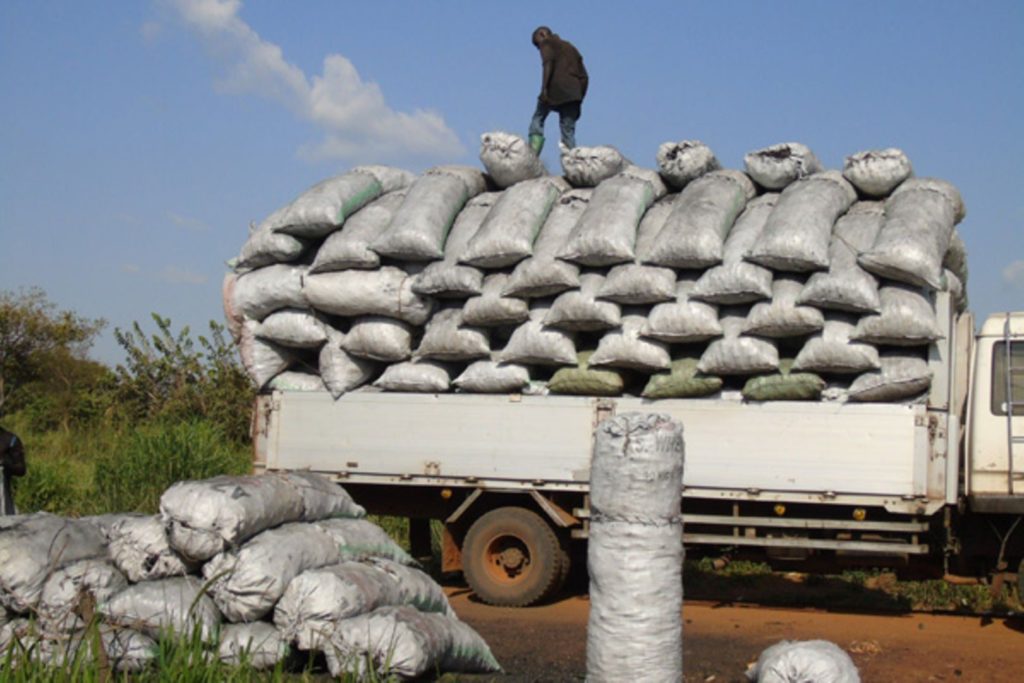President’s ban on charcoal draws mixed reactions

President Museveni’s ban on charcoal business has drawn mixed reactions from environmentalists and the general public.
In an executive order issued on May 19, 2023, but made public yesterday, the president banned charcoal burning business in northern and north western Uganda.
The National Forestry Authority Executive Director Dr Tom Obong has welcomed the directive as key to reversing environmental damage and restoring security nationwide.
However, some environmentalists and leaders are saying that while blacklisting the business which destroys nature is great, lack of affordable alternative energy sources for household needs is likely to affect the implementation of the directive.
According to Stephen Mugabi, the acting director for environment affairs at the Ministry of Water and Environment, people are going for archaic methods of cooking with charcoal and firewood because prices of electricity and gas are out of reach.
Currently, a sack of charcoal costs between Shs60,000-Shs100,000, while a bundle of firewood goes for about Shs3,000. These, according to some of the activists, only require a charcoal stove that costs not more than Shs.10,000 or three simple traditional cooking stones that are availed by nature. This is compared to electricity and gas which require one to buy a modern cooker which goes for not less than Shs1m shillings and mini gas stove that costs about Shs500,000.
The charcoal ban comes barely two months after the president met leaders from Acholi sub-region, who raised desertification fears in the area over rampant felling of trees for charcoal trade.
Other directives in the Executive Order include; a ban on Turkana entering Uganda with guns, nan on illegal presence of Balaalo in northern Uganda, deployment of 18 police officers and 3 motorcycles per sub-county, and expediting of works on security roads in Karamoja.







